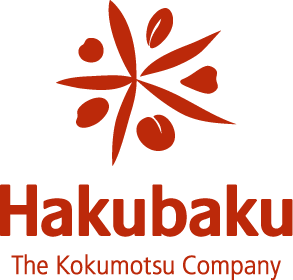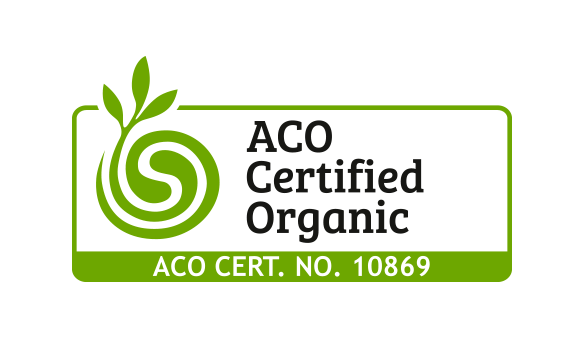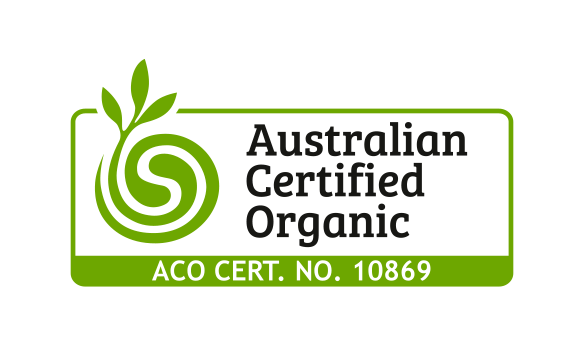About Hakubaku
Hakubaku Australia produces authentic Japanese organic noodles in Ballarat, Australia. Hakubaku Australia was established in 1996, with production beginning in 1998. We are located in Ballarat, a rural city in Victoria, that has good access to both the wheat fields of the Murray Darling Basin and the port of Melbourne. Hakubaku Australia employs around 35 staff members.
Our Hakubaku Organic noodle range is made up of Somen, Udon, Soba, Ramen, Cha soba and Yakisoba. All are certified organic and made using authentic Japanese recipes. Our other certifications are Kosher, Halal, Non-GMO and SQF.
Hakubaku Organic is the # 1 Japanese noodle brand in Australia. *Source: Nielsen Scan Data Asian Foods, Japanese Cooking Noodle, value sales, MAT to 17 MAR 2024
Hakubaku Organic is available in major supermarkets, independents, organic and Asian grocers around Australia. Our products are exported to and sell in Asia (including Japan), North America and Europe. We are #1 in Japan and market leaders in the Japanese noodles and Organic noodle categories in USA.
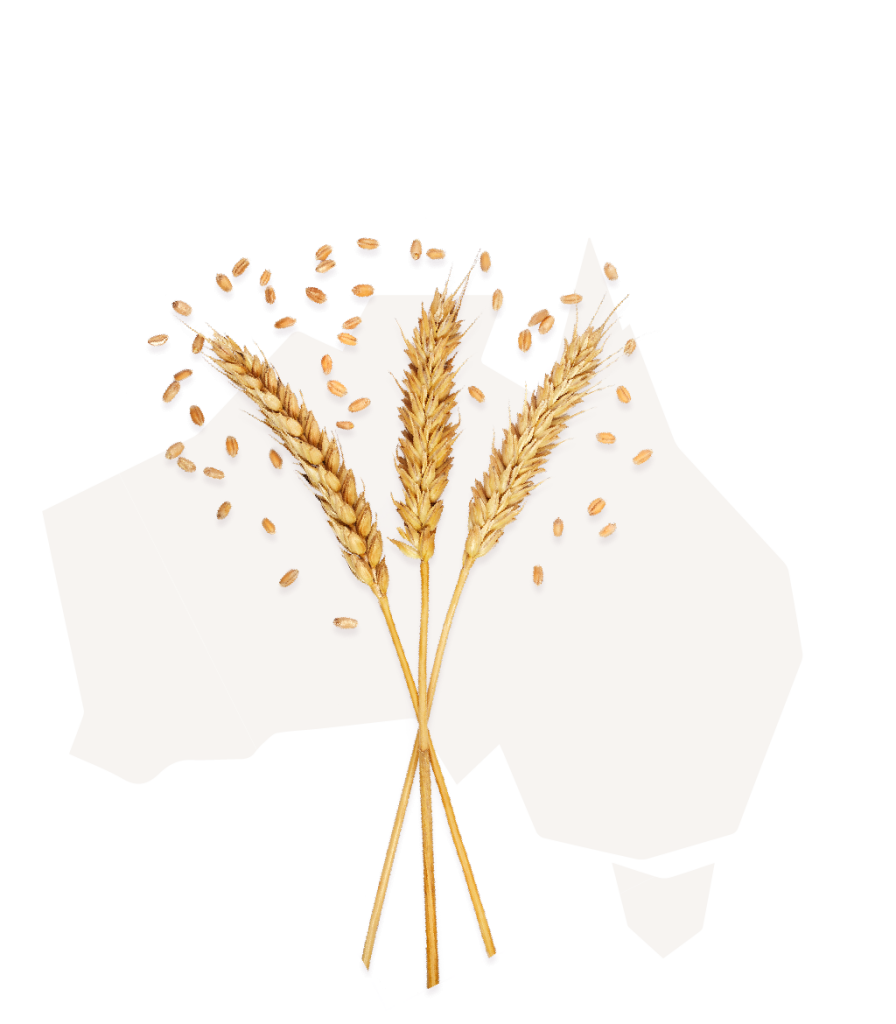
Hakubaku in Australia
Hakubaku Co. Ltd. Came to Australia as part of a global search for premium organic wheat. Australian wheat has long been considered to be the best wheat to make Japanese noodles. The majority of all Japanese noodles are made with Australian wheat. In order to ensure the supply of premium organic flour, Hakubaku Co. Ltd decided to set up a factory in Australia.
The location of the factory in Ballarat means that there is good access to the organic wheat needed, but also the Ballarat organic flour mill and an easy run to the port of Melbourne. Hakubaku’s Ballarat plant uses a unique, patented process that dries noodles using the perfect combination of temperature, humidity and time. The result is firm-textured, perfect noodles.
The best Australian organic wheat, plus the best Japanese traditions and technology, equals a product of which we take great pride.
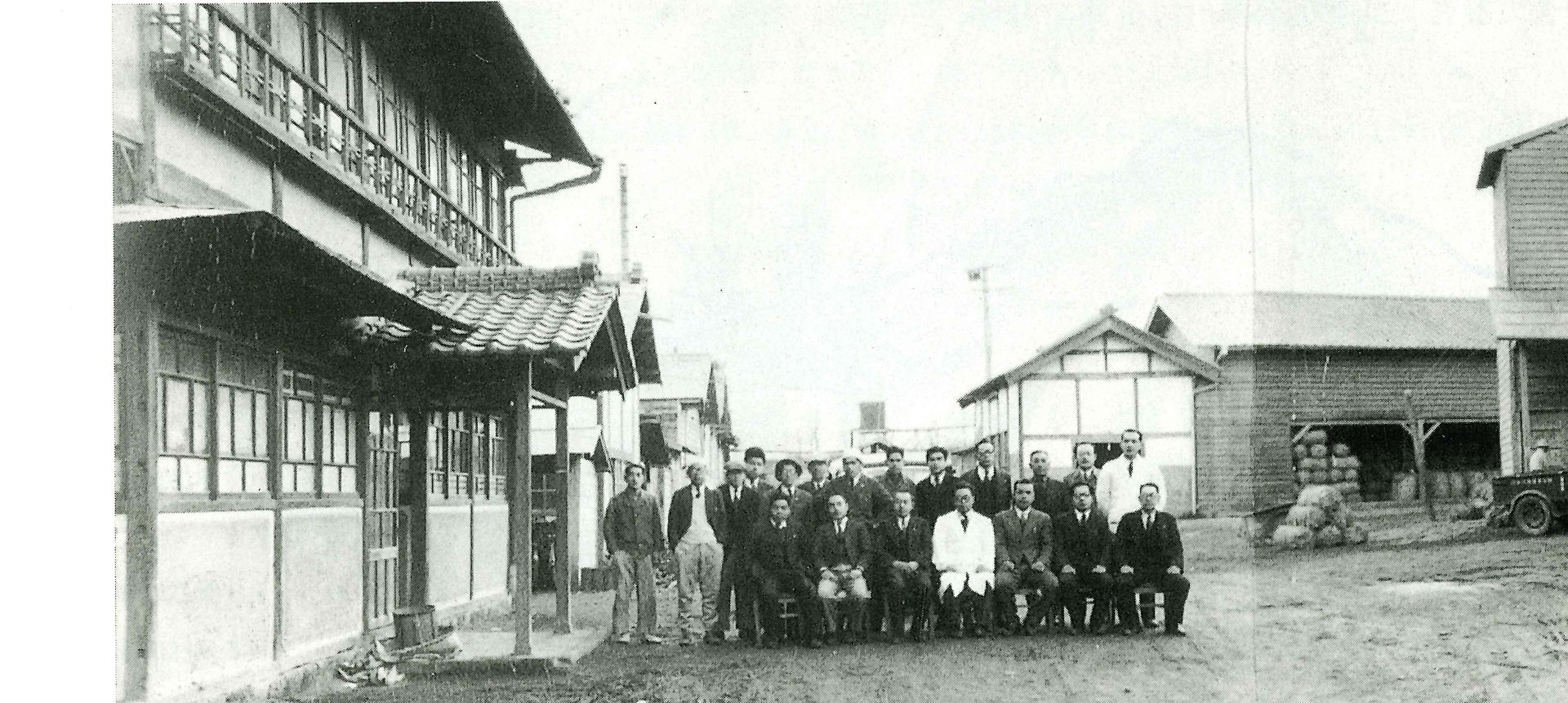
The Hakubaku Company
The word Hakubaku in Japanese means white barley. Hakubaku Co. Ltd, established in Japan in 1941, developed a revolutionary white barley product that could be added to rice to improve the nutritional values. The company expanded its repertoire to include many different noodles, multi-grain rice mixes, and barley tea to become market leaders in each category in Japan.
The five most important grains, or go koku, are rice, barley, millet, buckwheat and wheat, and these make up the five grains in the Hakubaku logo. Hakubaku Australia’s contribution is through the use of organic wheat and buckwheat.
The traditional Japanese daily diet is based around a variety of grains that are known collectively in Japanese as kokumotsu. Kokumotsu is typically prepared with rice and combines with side dishes, including cooked seasonal vegetables and fish, to create an ideal, healthy diet. Noodles are another staple food of Japanese cuisine as they are nutritious and filling, quick to prepare, can be eaten hot or cold, can be stored for years and can be transported easily.
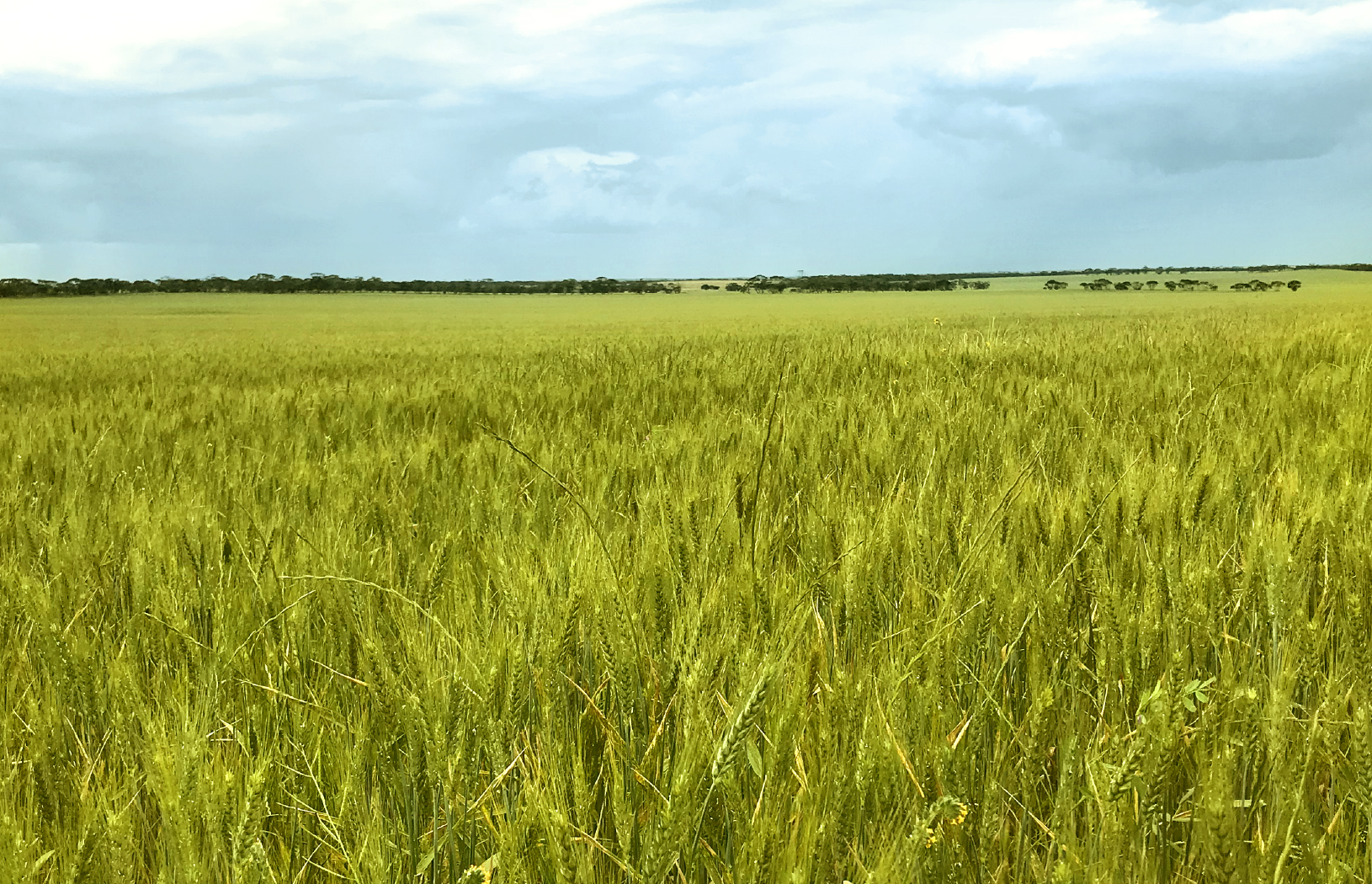
Organic
Hakubaku is committed to producing the world’s best authentic, organic Japanese noodles.
A key part of our strategy is to use organic ingredients that are grown using sustainable methods. Hakubaku’s authentic Japanese noodles are certified organic.
Organic certification ensures Hakubaku noodles are produced without the use of chemical pesticides, herbicides or insecticides, or genetically modified ingredients.
There are two powerful arguments in favour of organic foods and ingredients:
The production of organic foods does not lead to the degradation of farming land by chemicals or genetically modified plants.
Organic ingredients are essential for the production of authentic traditional foods (in the past, all food production was organic), which have the real taste authentic traditional foods should have.
With over 12 million hectares of organic land, Australia has nearly one third of all the certified organic land in the world. Hakubaku’s commitment to organic wheat contributes to this Australian farmland staying organic.
By buying Hakubaku’s organic Japanese noodles you are also contributing to the long-term viability of Australia’s certified organic wheat farmers.
Mission Statement
The Hakubaku Australia mission is to use the best ingredients to make authentic, premium-quality, certified organic noodles and to share with the world the wonder of Japanese cuisine through our products.
Our Noodles
Noodles are made by making a dough out of flour, water and salt. Add some buckwheat flour to make soba, Kansui if you want ramen or yakisoba, and some matcha powder and buckwheat for cha soba. The dough is kneaded then rolled out flat then sliced into noodle strands, then dried. The quality of the noodle is highly dependent on the raw ingredients. The dried noodles are then boiled before being served hot or cold.
How to prepare: Noodles are cooked in plenty of boiling water or they will not cook evenly and will have a starchy taste. Keep the water at a rapid boil and when the noodles first go in the pot stir gently to separate. Most importantly, be careful not to overcook. Just like pasta, drain the noodles when still just a little chewy. Rinse well in cold water to stop the cooking process and to remove the majority of the salt. Drain again. To reheat, briefly submerge in hot water.

